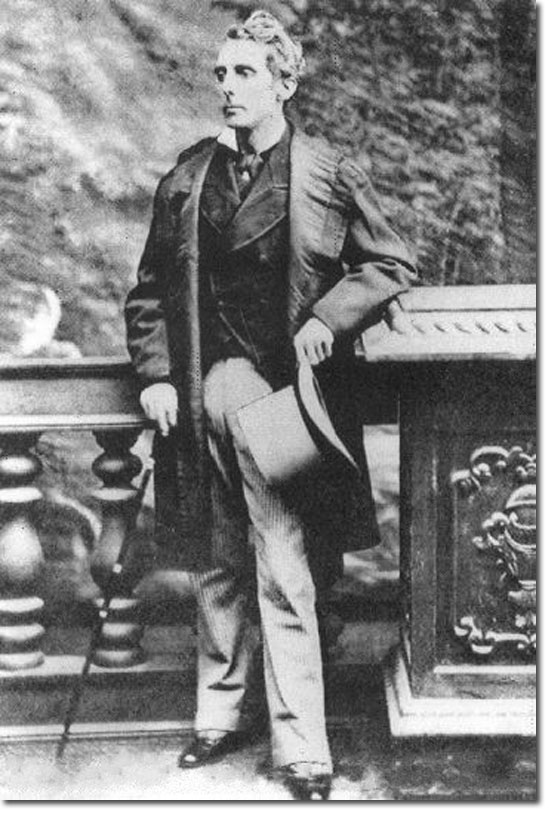|
|


|
|
John Pope Hennessy was an Irishman who had been the first Roman Catholic Conservative MP in 1859 and was a firm admirer of Disraeli and seemed to be heading for great things when he lost his seat in 1865 by a mere 7 votes. He had gone into debt and so lobbied the Conservative government for an overseas post to replenish his financial situation. They reluctantly offered him Labuan even though he held no colonial, naval, military, or administrative experience whatsoever. It was not a happy appointment and nor were his subsequent appointments in the Windward Islands and the Gold Coast. Although he could be charming, he was arrogant and argumentative. His time in Hong Kong would be equally unpleasant for the man and the colony.
He instinctively advocated the cause of the underdog which in the case of Hong Kong was the side of the Chinese. This put him on a collision course with the powerful interests already embedded in the power structures of the colony. It did not help that he found it hard to compromise and personal relations deteriorated with virtually everyone he came into contact with. Hennessy had a bizarre contretemps with various public health officials over the installation of water closets and sewage systems in the hospitals, schools and barracks of the colony. He believed that these water closets encouraged disease and advocated the use of pits in their place. He put the brakes on a wide range of sanitary measures being constructed around the colony to much uproar. Eventually, the case was referred back to the War Office in London as key personnel felt that Hennessy was personally endangering the lives of soldiers and sailors due to his bizarre views. An officer was sent out from Britain who severely criticised Hennessy and ordered the government of the colony to resume installing sewage systems to benefit the entire population. Hennessy did stop the practice of public floggings, which tended to be administered solely to Chinese. He also appointed the first Chinese member, Ng Choy, to the magistracy and the Legislative Council. However, when the government insisted on the public registration and inspection of prostitutes in order to curtail the spread of sexual diseases mainly to soldiers and sailors, Hennessy once again found himself on a collision course with powerful decision makers in both the colony and back in London. Hennessy also fell foul of local European sensibilities over the issue of housing. As some Chinese became wealthier they sought to build better housing for themselves in and amongst the Expatriate population. Hennessy was sympathetic to the intermingling of races but many Europeans were less than impressed. Yet more appeals to London saw the Colonial Office intervene once more on the side of the European colonists against their governor. A form of racial segregation was therefore institutionalised although did not come into effect until after Hennessy's term had expired. In many ways Hennessy was a liberally minded governor and his ideas were progressive for the era. However, his lack of diplomatic skill, tact and working with key decision makers often meant that his good intentions had the effect of entrenching opposition and weakening his own authority. The European population, and the Colonial Office, were relieved when he finally completed his term. He held no further posts of consequence after his sustained periods of disruptive and unhappy governance. |
Hong Kong | Governors of Hong Kong
Armed Forces | Art and Culture | Articles | Biographies | Colonies | Discussion | Glossary | Home | Library | Links | Map Room | Sources and Media | Science and Technology | Search | Student Zone | Timelines | TV & Film | Wargames